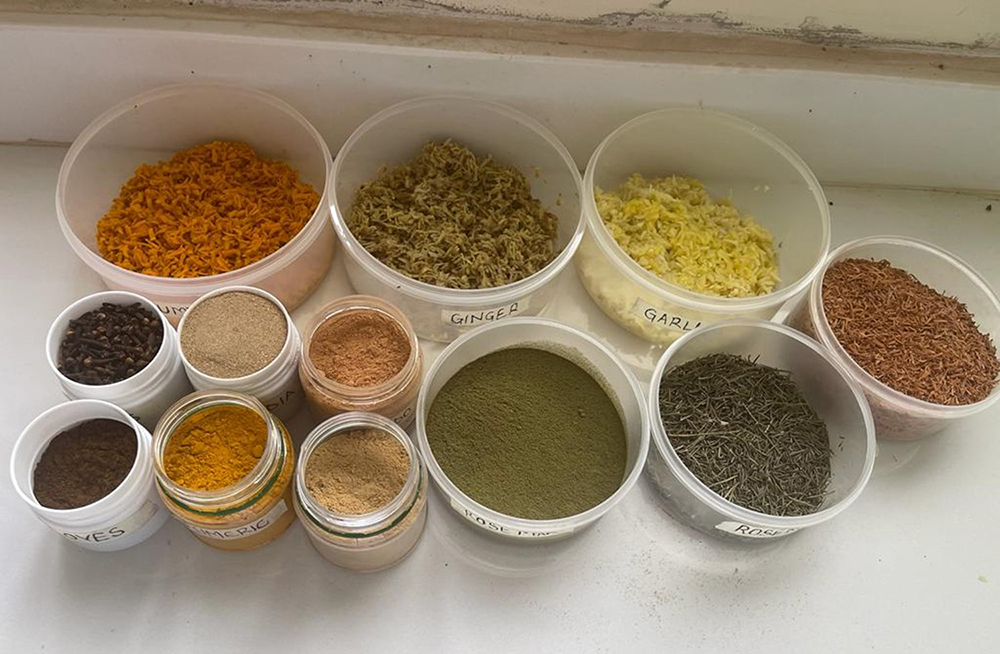By Prossy Nandudu
Rice is one of the most sought after food items because of the growing middle class that need simple foods to cook and also tasty. But, as more people consume the rice, what is being grown cannot address the deficit of 100,000 metric tonnes to satisfy the country’s demand, estimated at 225,000 metric tonnes according to 2008 statistics from the ministry of agriculture.
And one of the limiting factors to production according to rice researchers is that majority are small holders, who grow rice on between half to 3 acres of land, is; the limited use of improved rice production technologies especially seed, coupled with reducing soil fertility and the over-reliance on wetlands for production.
To respond to one of the challenges, which is over reliance on wetlands but also access to quality and improved seed, a new rice variety called WDR 73 was released to supplement the existing ones, especially the aromatic ones. It has a mild aroma, it is high yielding, at 9.5 tons per hectare.
Dr Jimmy Lamo, head of cereals programme at the National Crop Resources Research Institute (NaCRRI) also a rice breeder explained that the new variety can be irrigated in case it is not planted in a swamp, and that is how research has responded to governments call, of reducing rice production in wetlands.
Hass Avocado: Value addition to increase shelf life
Hass avocado is one of the crops that has been on demand both for domestic and export markets. It is one of the new priority cash crops emphasized by the Government in 2022. Last year, Mukono ZARDI embarked on value addition for avocados to increase the shelf life but also extract other products.
Scientists at Mukono Zonal Agriculture Research and Development Institute (MUZARDI) have embarked on value addition to avocado.
First, by evaluating the nutritional and anti- nutritional potential of different avocado varieties grown in central Uganda, to establish the potential of different avocado varieties; taking care of major nutritional content, cosmetics, pharmaceutical, and other industrial uses.
According to the Mark Okalebo, a research assistant co-ordinating the process, the project is profiling avocado types good for food, cosmetic and other industrial potential.
Through the project, researchers will further come up with Biochemical profiles from oils, pulps, seed, stems and leaves for the different avocado accessions that will be disseminated to guide the cottage and large-scale industry.
He adds that so far a Solar dryer, with accessories to ease the processing of products is complete, the value addition laboratory has also been equipped with value addition consumables including packaging materials.
So far samples have been collected across three districts and are carrying out composition analysis of oils and seed powder from 15 varieties.
Ready products from avocados so far include spices, oil and soap samples that are still under observation in the laboratory, Okalebo added.






